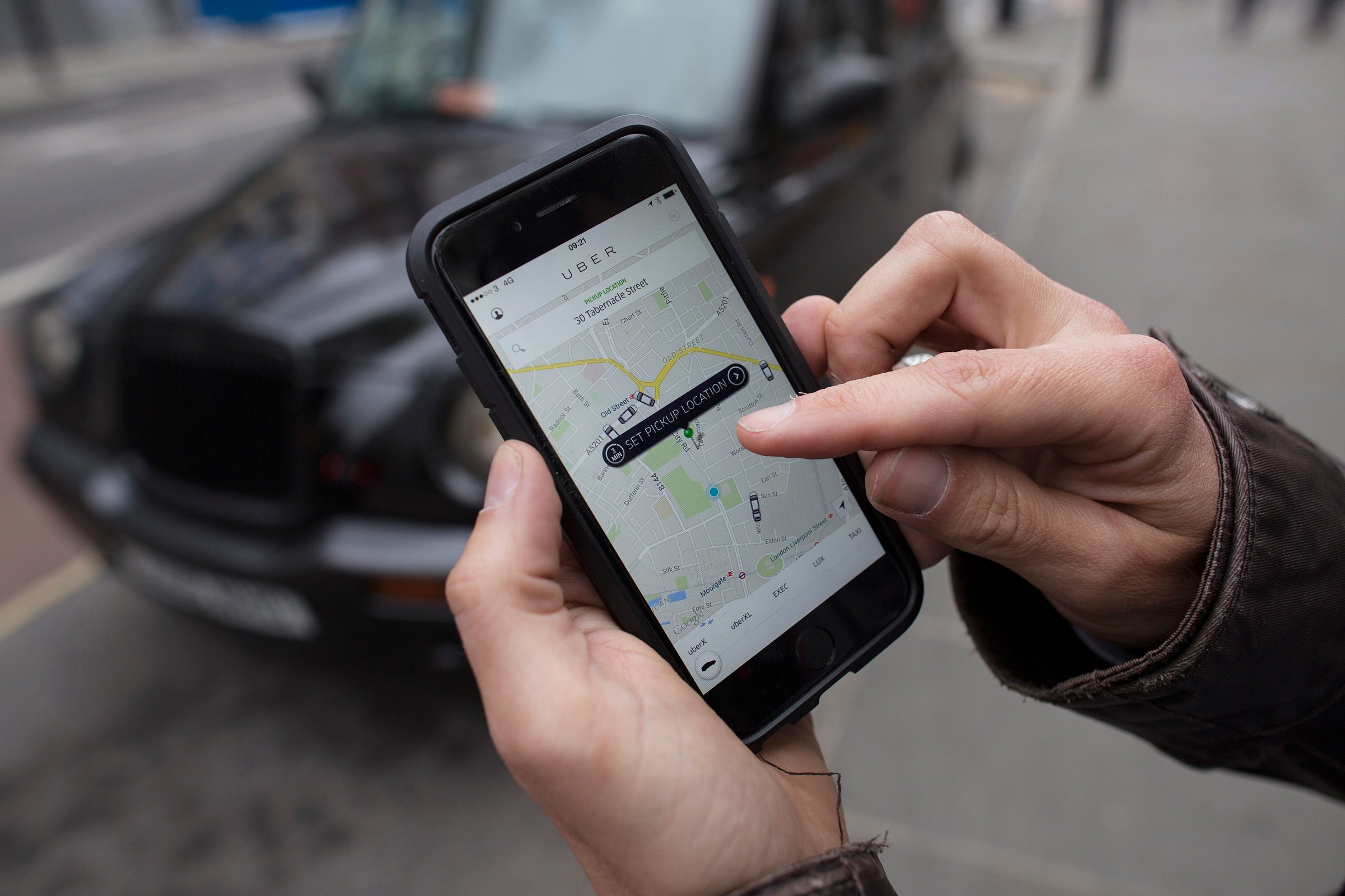
A California judge on Tuesday granted class-action status to a employee status lawsuit filed against ride-hailing company Uber. The 68-page court ruling sets the stage for a fierce legal battle that could upend Uber’s business model.
Here’s what you need to know.
What does the lawsuit allege?
The lawsuit claims Uber has misclassified its employees as contract workers. It alleges that Uber treats drivers like employees but without providing the requisite benefits, like health insurance and expense reimbursements.
Who brought the case?
It was originally brought on behalf of three Uber drivers, but a California judge ruled that it applies to all drivers in the state, thus making the legal challenge a class-action lawsuit.
However, any drivers who waived their right to class-action arbitration cannot take part in the suit, which means only a minority of the 160,000 drivers in California can participate. Most drivers waived their right to class-action lawsuits after Uber updated its contract process last year. In fact, one of the three drivers who originally brought the suit cannot participate for this reason.
See Uber Protests From Around the World




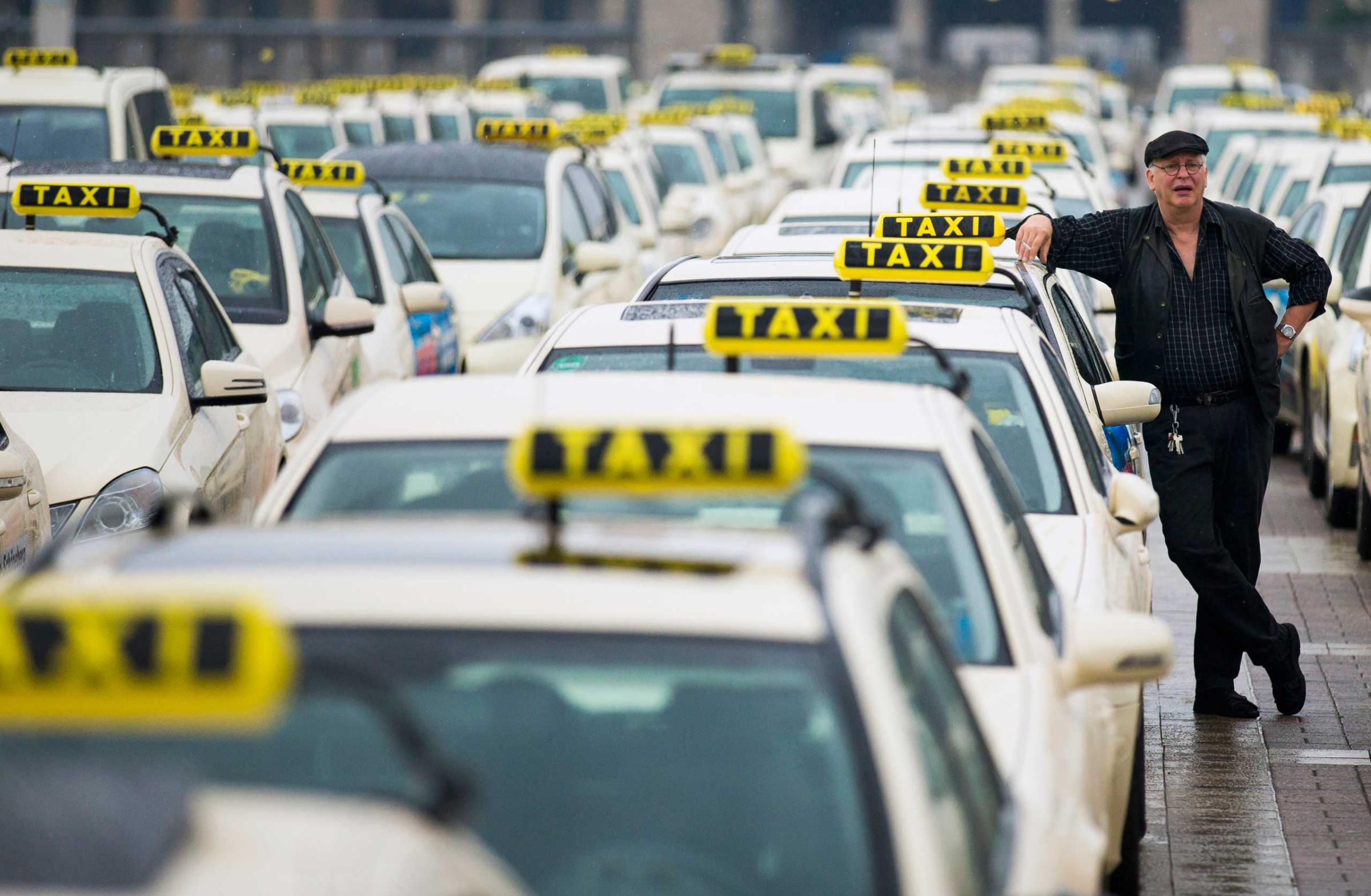
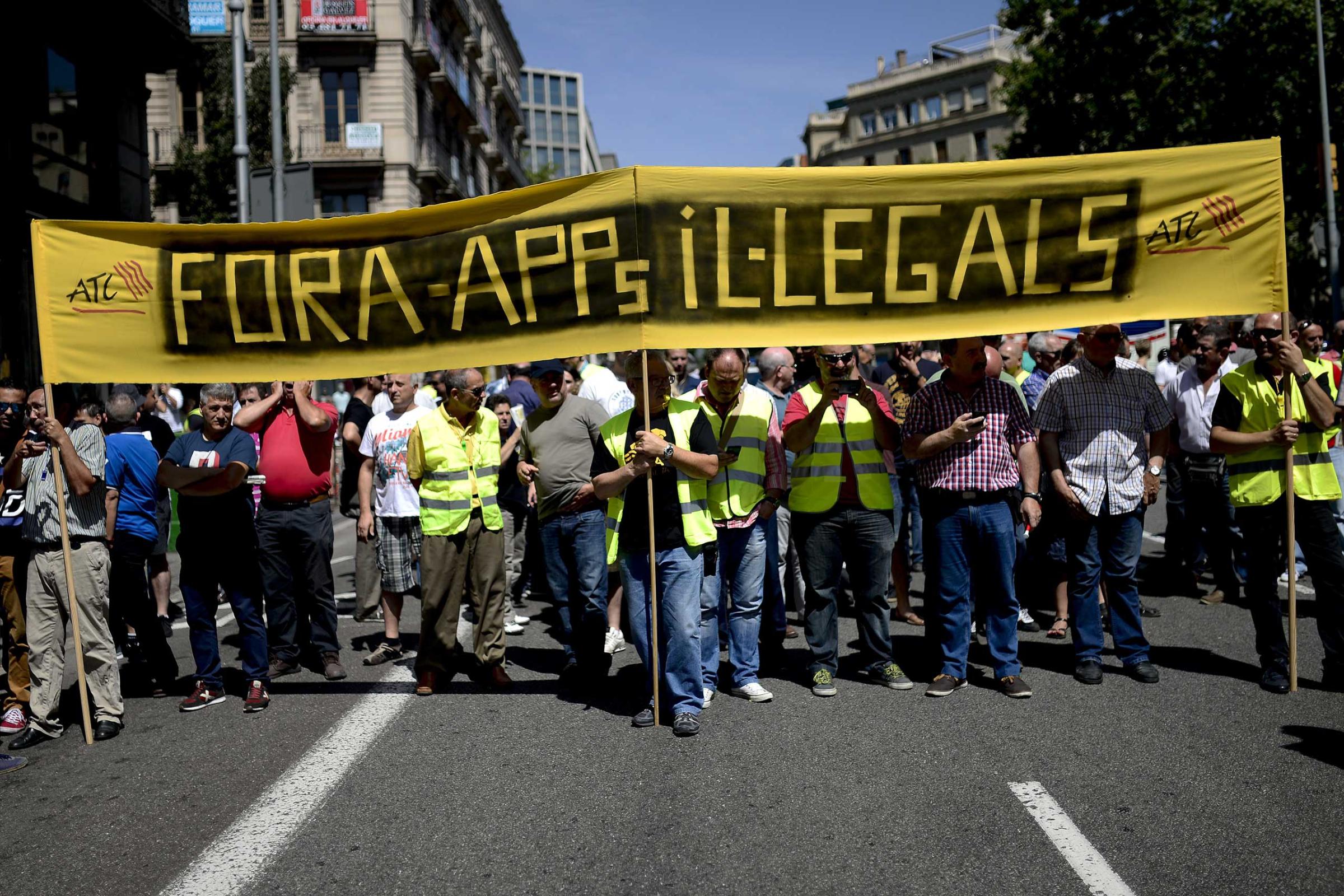
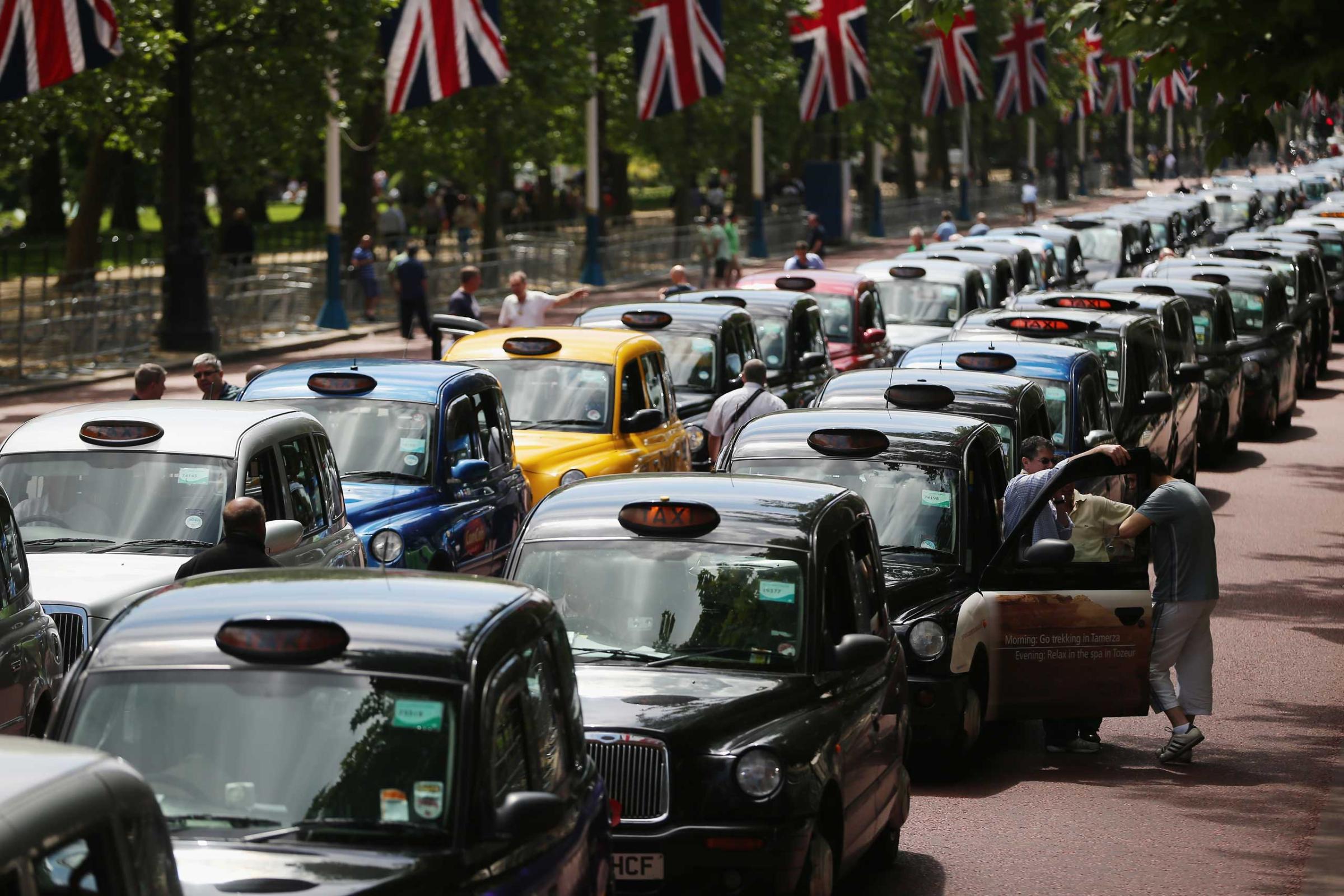
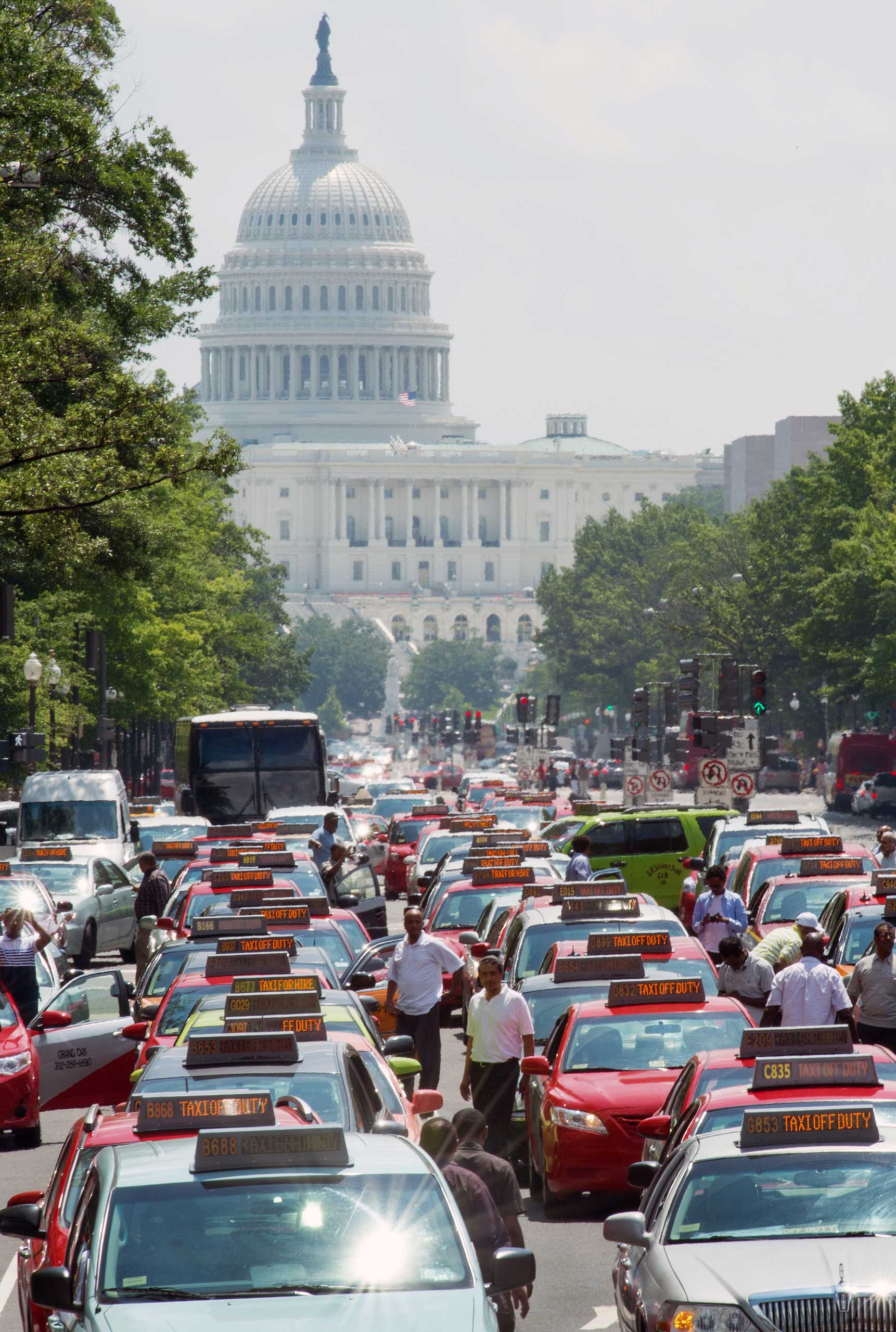
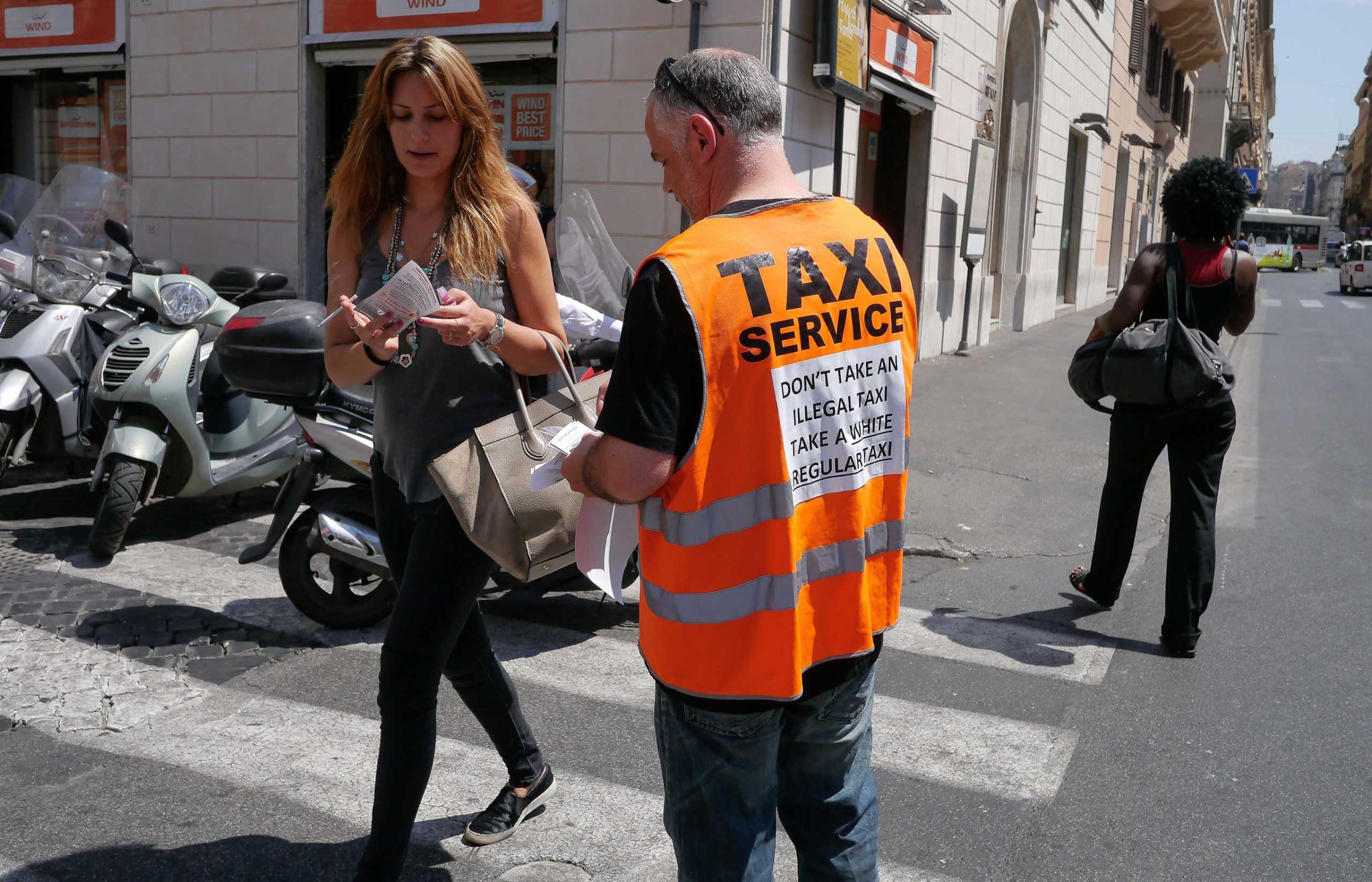

What does this mean for Uber?
It sets up a high-profile legal battle and could potentially require Uber to pay out a much larger settlement to drivers. It also puts Uber’s business model under pressure.
Uber has continually said that it’s a technology platform connecting drivers to passengers and not a taxi service that hires drivers directly. If the company loses the class-action suit, Uber may have to compensate its drivers like common employees, which would mean new costs like health insurance, workers’ compensation and reimbursing expenses such as tolls, fuel and car repairs.
What happens next?
Uber plans to appeal the California judge’s decision to allow class-action status. “We’ll most likely appeal the decision as partners use Uber on their own terms, and there really is no typical driver–the key question at issue,” an Uber spokesperson told Fortune.
More Must-Reads From TIME
- The 100 Most Influential People of 2024
- How Far Trump Would Go
- Scenes From Pro-Palestinian Encampments Across U.S. Universities
- Saving Seconds Is Better Than Hours
- Why Your Breakfast Should Start with a Vegetable
- 6 Compliments That Land Every Time
- Welcome to the Golden Age of Ryan Gosling
- Want Weekly Recs on What to Watch, Read, and More? Sign Up for Worth Your Time
Contact us at letters@time.com